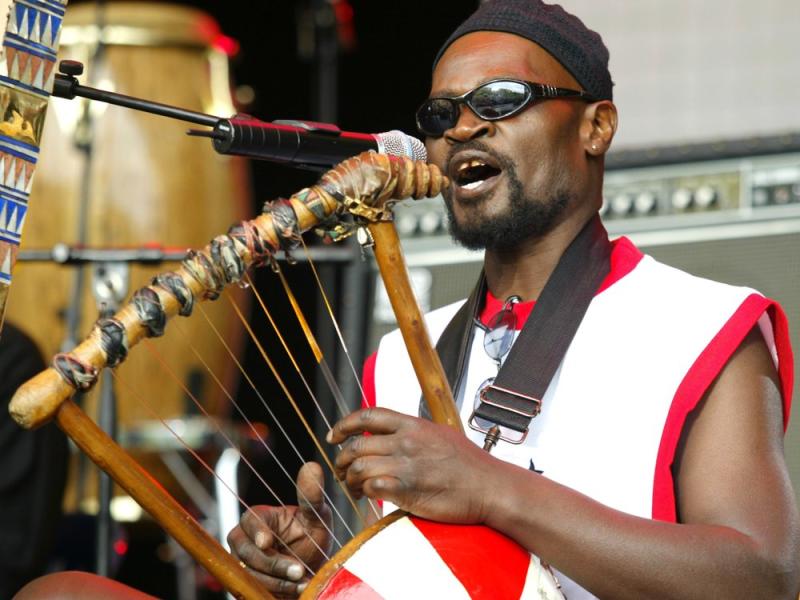×
The Standard e-Paper
Stay Informed, Even Offline

The sun has set for one of the brightest stars in Kenyan music history, Ayub Ogada. The legend, who put nyatiti on the map, was discovered dead at his residence in Nyahenya, Kisumu County, on Friday evening. He was 63.
Born Job Seda in 1956, Ogada is arguably one of Kenya’s greatest musicians. His memory lives on not only in the music, but in the hearts and hands of countless musicians that he has inspired the world over.